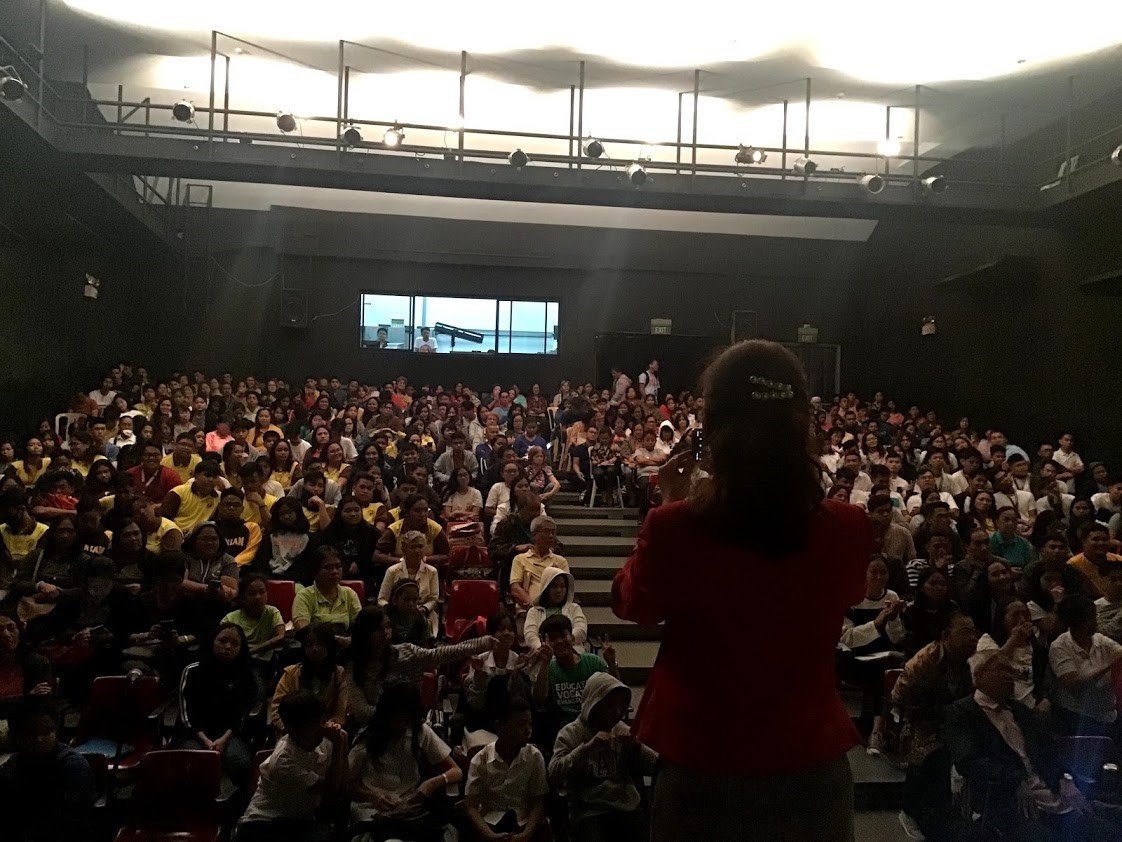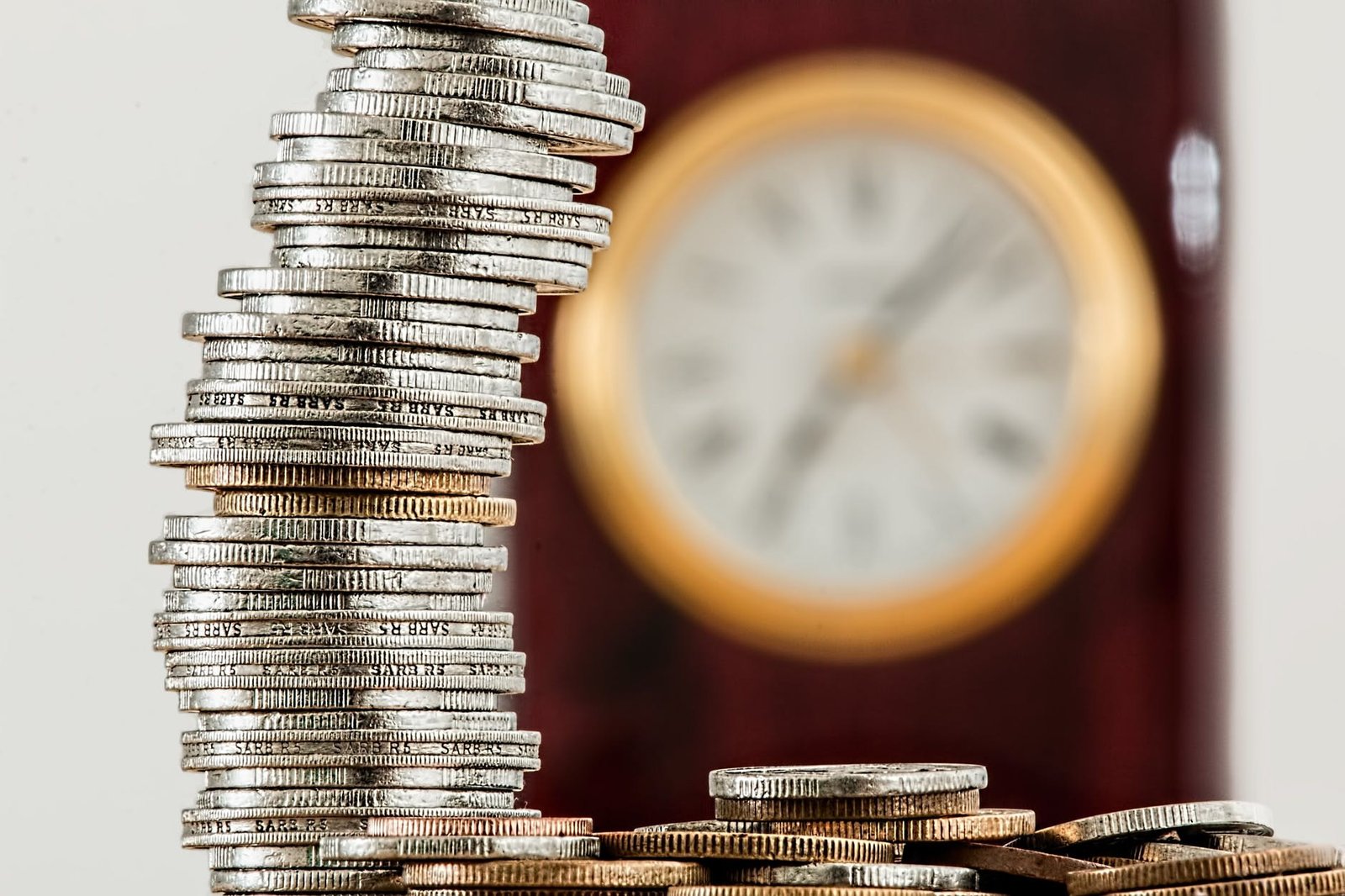In the PISA ranking, Chinese kids are the smartest in the world even if household income is well below OECD members’ average. In reading, the 10% most economically disadvantaged Chinese students tested had better skills than the OECD average as reported by Bloomberg.
That means to say public education in China is as good.
In 2018, the PH government increased the budget allocation for education, 24% of all government expenditures, the 2nd largest item on the national budget, but the results reflect poor quality as the PISA ranking showed. Why?
Last Friday, I took a spontaneous break from work to visit a public school to find out why. It was perfect timing as the Reading class was in session.
From my interview, the typical background looks like this -
1) Un-involved parents – they hardly attend meetings, school events, or find out why their kids have low scores in their subjects, etc.
2) Lone parent household
3) Stressful environment
4) Digital distraction
5) Bullying
6) Nutrition
The issue is not just the national budget for education and how the government spent the budget but other important factors as mentioned above.
What are the schools? It’s a traditional training to learn science, maths, reading… life skills, how to think, solve problems, collaborate... and to learn how to learn. If neither the school nor the homes can’t provide this? Who can?
*Program for International Student Assessment (PISA)
















































